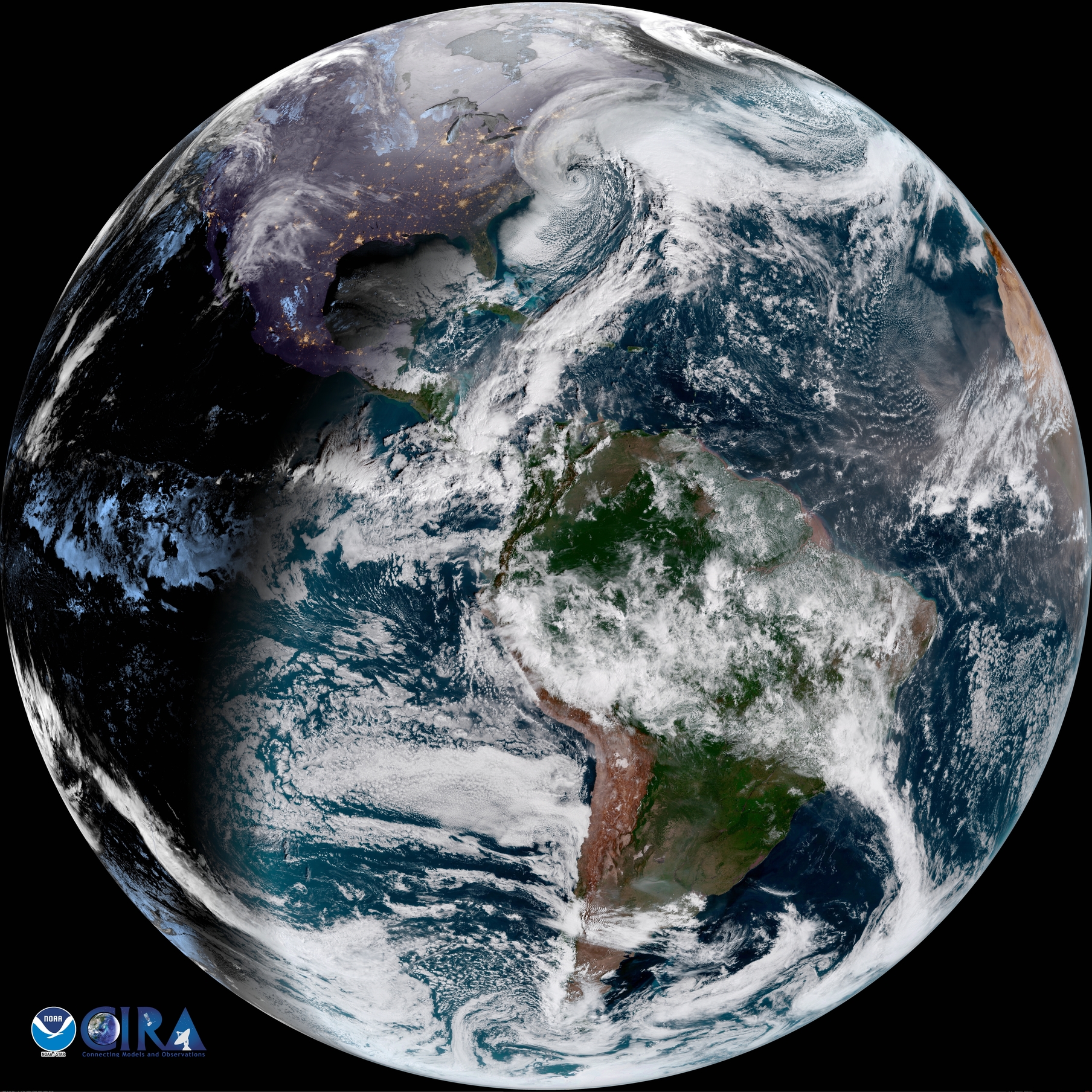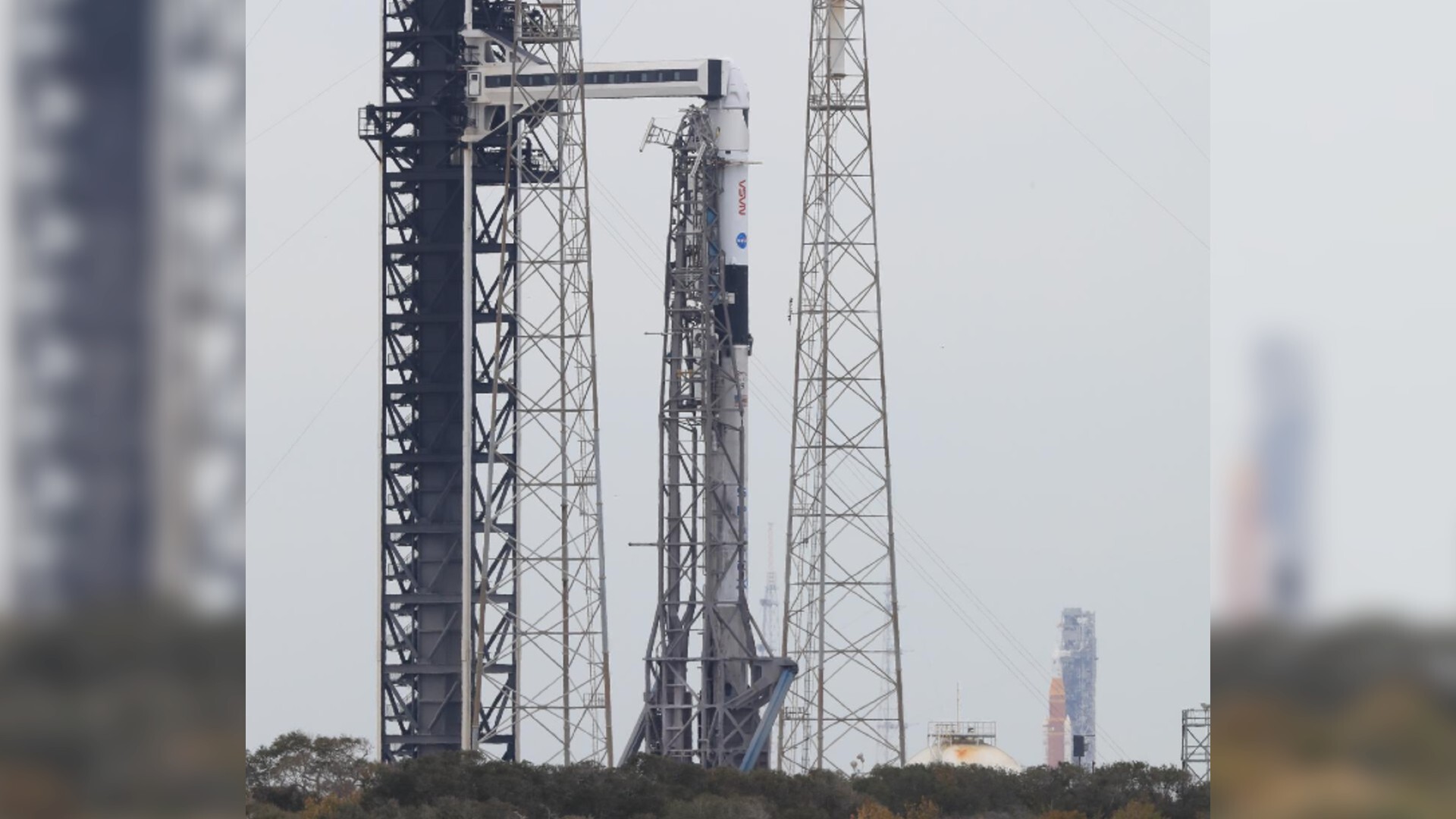A Bunch of Rich Guys Want to Watch the Earth at All Times from Space

Breaking space news, the latest updates on rocket launches, skywatching events and more!
You are now subscribed
Your newsletter sign-up was successful
Want to add more newsletters?

Delivered daily
Daily Newsletter
Breaking space news, the latest updates on rocket launches, skywatching events and more!

Once a month
Watch This Space
Sign up to our monthly entertainment newsletter to keep up with all our coverage of the latest sci-fi and space movies, tv shows, games and books.

Once a week
Night Sky This Week
Discover this week's must-see night sky events, moon phases, and stunning astrophotos. Sign up for our skywatching newsletter and explore the universe with us!

Twice a month
Strange New Words
Space.com's Sci-Fi Reader's Club. Read a sci-fi short story every month and join a virtual community of fellow science fiction fans!
A bunch of very big corporations and rich men are hoping to start watching the whole Earth at all times with video cameras in outer space.
EarthNow LLC, a company that counts among its investors Bill Gates, Airbus, SoftBank and the "colorful" tech tycoon Greg Wyler, announced plans Wednesday (April 18) to "deploy a large constellation of advanced imaging satellites that will deliver real-time, continuous video of almost anywhere on Earth." The goal, the company said, is to offer customers the ability to watch events unfold on the planet in real time. EarthNow's website lists the far-ranging events the satellite constellation would keep an eye on, from "illegal fishing ships in the act" and "hurricanes and typhoons as they evolve," to "large whales as they migrate" and even your home.
In other words: a privately owned global surveillance network in space!
The cameras will be mounted on satellites originally developed for Wyler's satellite-internet company OneWeb and mass-produced by Airbus, according to a news release. [15 Secretive Places You Can Now See on Google Earth (And 3 You Can't)]
There's a sort of classic, techno-utopian vision behind all this: EarthNow CEO Russell Hannigan said in the statement, "We believe the ability to see and understand the Earth live and unfiltered will help all of us better appreciate and ultimately care for our one and only home."
But the company's actual goals are a bit more down to Earth. EarthNow said it hopes to sell its live-video and "intelligent vision" products first to "a range of government and enterprise customers." (Read: Big spenders are, at the very least, going to get first crack at watching the planet in this way.) Down the road though, the company said, it wants its video feeds to be instantly accessible from a smartphone or tablet.
Originally published on Live Science.
Breaking space news, the latest updates on rocket launches, skywatching events and more!

Rafi wrote for Live Science from 2017 until 2021, when he became a technical writer for IBM Quantum. He has a bachelor's degree in journalism from Northwestern University’s Medill School of journalism. You can find his past science reporting at Inverse, Business Insider and Popular Science, and his past photojournalism on the Flash90 wire service and in the pages of The Courier Post of southern New Jersey.

